It's Nate Smith's drum style that has intoxicated the general public and his peers alike. His unique approach to rhythms and drum execution blends various musical elements, smooth as coffee and cream. Smith’s drum techniques embrace jazz, contemporary jazz, R&B, hip hop, rock, and pop. The chops on display are highly diversified, and as for his music, it’s a warm and wonderful combination of all these genres. Smith’s tasty, fresh approach has greatly influenced the music community that revolves around him, as well as his devoted public audience.
Born in Chesapeake, Virginia, in December 1974, Smith now lives in Richmond. He began his drum career at the young age of eleven, influenced mainly by the rock and funk music of that era. Remember, this was when popular acts like the Gap Band ("You Dropped a Bomb on Me"), Cameo ("Word Up"), and Prince ("Raspberry Beret") were all the rage on the heels of Rufus with Chaka Khan singing "Ain't Nobody." Young Nate would have been listening to Parliament Funkadelic with George Clinton's "Atomic Dog" rising up the charts, or Rick James singing "Super Freak" on the radio. The drums on all those recordings were hypnotically dynamic and funk-driven.
Nate Smith's new album, LIVE-ACTION, celebrates both creative constraint and liberation. He’s retreated to analog intimacy and uses the same instruments throughout, recording everything live in two or three takes. The album also activates the network of relationships Smith has cultivated over recent years, bringing together an eclectic roster that spans from Lionel Loueke's effortless planetary musicality to JSWISS's rap vernacular, from Lalah Hathaway's audacious reimagining of The Pointer Sisters' "Automatic" to the horn work of Josh Johnson and Marquis Hill.
In my conversation with Nate Smith, he discusses his formative influences from Prince's Sign of the Times to his mentorship under jazz legend Betty Carter, while exploring how LIVE-ACTION's analog recording process and diverse collaborators are driven by his vision of genre-fluid musical community. The interview has been edited for clarity and flow.
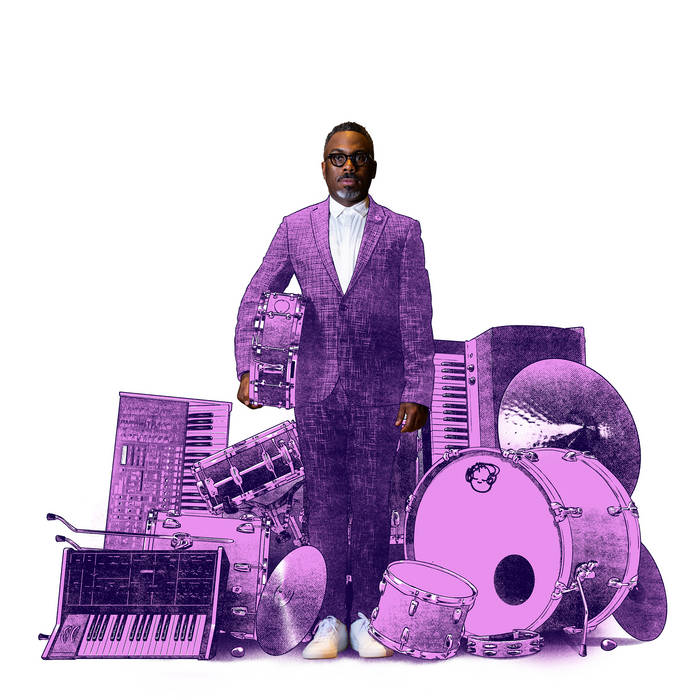
Dee Dee McNeil: Who were your biggest drum inspirations as a young drummer?
Nate Smith: Sign of the Times was a very important album for me. You know, I hear people say Purple Rain was his masterpiece, and it is! But Sign of the Times was his greatest artistic achievement, in my opinion. There's so much music in that record with elements of psychedelic rock. There are also elements of straight funk and the influence of jazz in that record. Of course, he had Sheila E. in that band. I remember seeing her play live. The concert was filmed. I memorized every note she played. I memorized her concert solo too. I just adore that concert film. I think it's proof of Prince's brilliance. Like, you know, he had the vision to work with her and to showcase her. He knew what a special musician she was in the band. I've had a chance to meet her a couple of times, and I love that she is out here, performing and touring with her band, her family. I love that she just won a Grammy last year.
I also have to shout out Omar Hakim, who played with Sting. That Sting band was also a big influence on me. He had that great Bring on the Night Band in 1985, and Omar Hakim played with him. It opened my mind to what's possible. Also, the group Living Colour was influential.
At age sixteen, Nate Smith started listening to jazz, predominantly Art Blakey and the Jazz Messengers. Early in his career, he met and worked with the legendary jazz vocalist Betty Carter. I asked him to tell me how that happened.
Nate: I was at James Madison University, studying at the School of Media Arts & Design. During my college summers, I had different gigs. I played at amusement parks and other places. Then my third summer, I worked with the Disney Grammy All-American College Jazz Band. That was a pretty big deal! In that band was a gentleman named Andre Hayward, who was a trombonist. Andre had just played in Betty Carter's Jazz Ahead Program, which was a residence program that she started back in 1995. So, he was the plug. He introduced me to Betty. I met her the following January of 1996. Consequently, I joined Jazz Ahead in the spring of that year. I got to know her and play with her for the last ten years of her life. I wish I had had more time with her. She was just an amazing musician and a profound teacher. Everybody has Betty Carter quote-unquote horror stories, but they always learned something invaluable from her. A lot of people will overlook that there was always love underneath her toughness. It was tough love, but it was genuine love. She was the real deal. I think Betty was a very important link in the generational chain of jazz singers. I think she's one of the most important links.
Speaking of generational links, Nate Smith plays it all. He has studied and embraced many genres. He is no newcomer on the contemporary jazz scene. Smith released his first album as part of a group called Kinfolk in 2017 called Postcards from Everywhere. That album received critical acclaim.
Dee Dee: You and Kinfolk made beautiful music with Brittany Howard. I love that song "Fly." Tell me how that union came about.
Nate: Well, you know I played with Brittany from 2018 until last year, 2024. I played on both of her solo records. And she is one of my favorite people. One of my favorite musicians. She's just a fantastic person.
Dee Dee: I think you both got a Grammy for something she did, right?
Nate: Yeah, I played drums on "Stay High," which won Best Rock Song in 2021.
Dee Dee: Tell me about your transition from that Kinfolk group to your current project Live Action.
Nate: I had Kinfolk for many years. We released albums and toured all over the world. After 2022, I decided to do something else, to reach out to a wider group of collaborators. This particular record reflects that change. So, all the people that I've been playing with, making music with for the last two years, I just reached out to them. Some folks I never really played with, but I've been a fan of. We kind of admired each other from afar. I just decided to network and really reach out to a wider web of collaborators for this record.
Dee Dee: After all the excitement you caused with the Kinfolk group, you followed up with your solo drum suite, Pocket Change. Was that because you recognized that people were excited about your beats?
Nate: Yes. What I was seeing on social media, when I posted a solo drum video, sooner or later, people wanted to play along with that video. Then they would post videos of themselves playing along with my drum solos. So, I kind of started Pocket Change as a way to engage people who wanted to use the beats as a sort of springboard for creative ideas. That's what it's designed for. I've seen musicians, tap dancers, dancers, rappers—anyone who has a connection to rhythm—find a way to create something out of Pocket Change.
Dee Dee: It's an educational tool, too, isn't it?
Nate: Yeah, I think so. It's kind of like a thing that people are discovering inside my music.
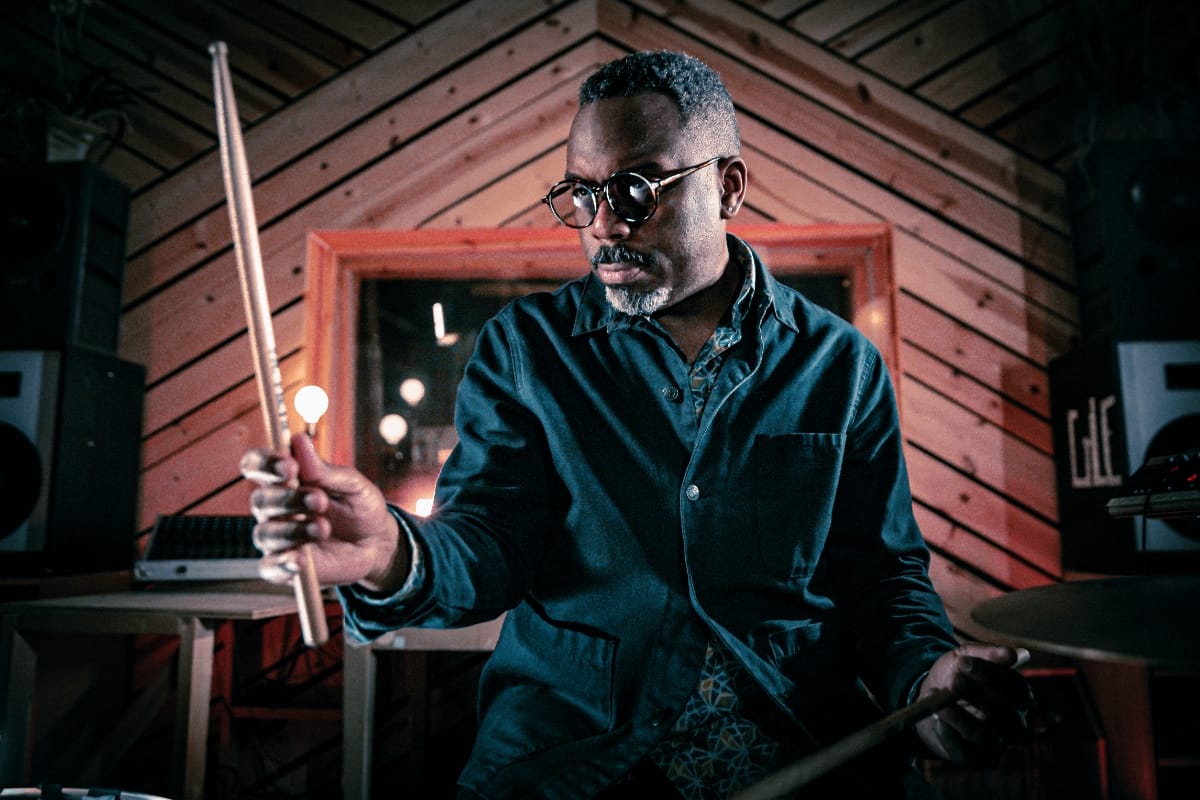
Dee Dee: You have a group of super-talented people on your new album. It reminds me a little bit of how Quincy Jones used to produce his albums. I helped break that Body Heat album when I was at A&M Records as a publicist.
Nate: Wow, so you witnessed it.
Dee Dee: Yes, I got to witness it. I fought for that album because they had always promoted Quincy in the 'Easy Listening' market. I knew that album would cross over to a variety of markets. When I heard your album, I thought, "Oh, he's so much like Quincy."
Nate: That's a huge compliment. Thank you so much. I mean, I think as an instrumentalist, a composer, arranger, and producer, anyone who aspires to any of those things has to idolize Quincy Jones. I think that he is a unique force, kind of a Halley's Comet figure. I feel like there's one Quincy Jones in our lifetime. His life spanned such a time that he got to touch all this amazing Black American music and make his mark on it. He was also a sort of guide for the sound of music for many years. What an amazing life!
In keeping with the Quincy Jones aesthetic, my idea is to embrace this musical utopia where there's space for everybody to play, but it still sounds cohesive. It still has my signature on it as a drummer and as a composer, and producer. That's what I was looking for when I produced this album. I also contributed to all the songs on the record as a composer or co-composer, except "Automatic," which was a Pointer Sisters hit record.
Dee Dee: I love that arrangement on "Automatic" featuring Lalah Hathaway!
Nate: She's incredible! She's another one who I had sort of admired from afar. But I had never had the courage to reach out and ask her to perform with me. When I decided to include that song by the Pointer Sisters, I figured she was the only singer I would ask to cover that song.
One single off Live Action is "Magic Dance" featuring Lionel Loueke, a highly acclaimed guitarist, bassist, and vocalist who is originally from Benin, West Africa. It also spotlights Michael League, an American composer, bassist, producer, and multi-instrumentalist. League is his own bandleader, respected for his work with the Snarky Puppy ensemble. He owns a record label called GroundUP Music. Clearly, Nate Smith surrounds himself with an A-list of players.
The melody of "Magic Dance" is infectious, and the groove that Smith lays down is like a yellow-brick road. It makes me want to slip into my red heels and dance down his musical path. The song is tinged with electronics and synthesizer enchantment. When the voice of Lionel Loueke enters, he sings in his native tongue. Nate Smith's contemporary jazz genre melts into world music under the spell of this vocalist.
Nate: Lionel Loueke and I played a lot of music together, but we never recorded together. There's something so special about him. I believe he plays bass on this track, too. He's an amazing musician. Everything he plays sounds so effortless. There's so much rhythm in it. You know, when I heard this track, I thought to myself, he's a magician. Lionel is a magician in the way that he has studied and practiced so hard to make it look like magic. So, when I heard what he played on it, I said to myself, we need to get this out to people so they can dance to this.
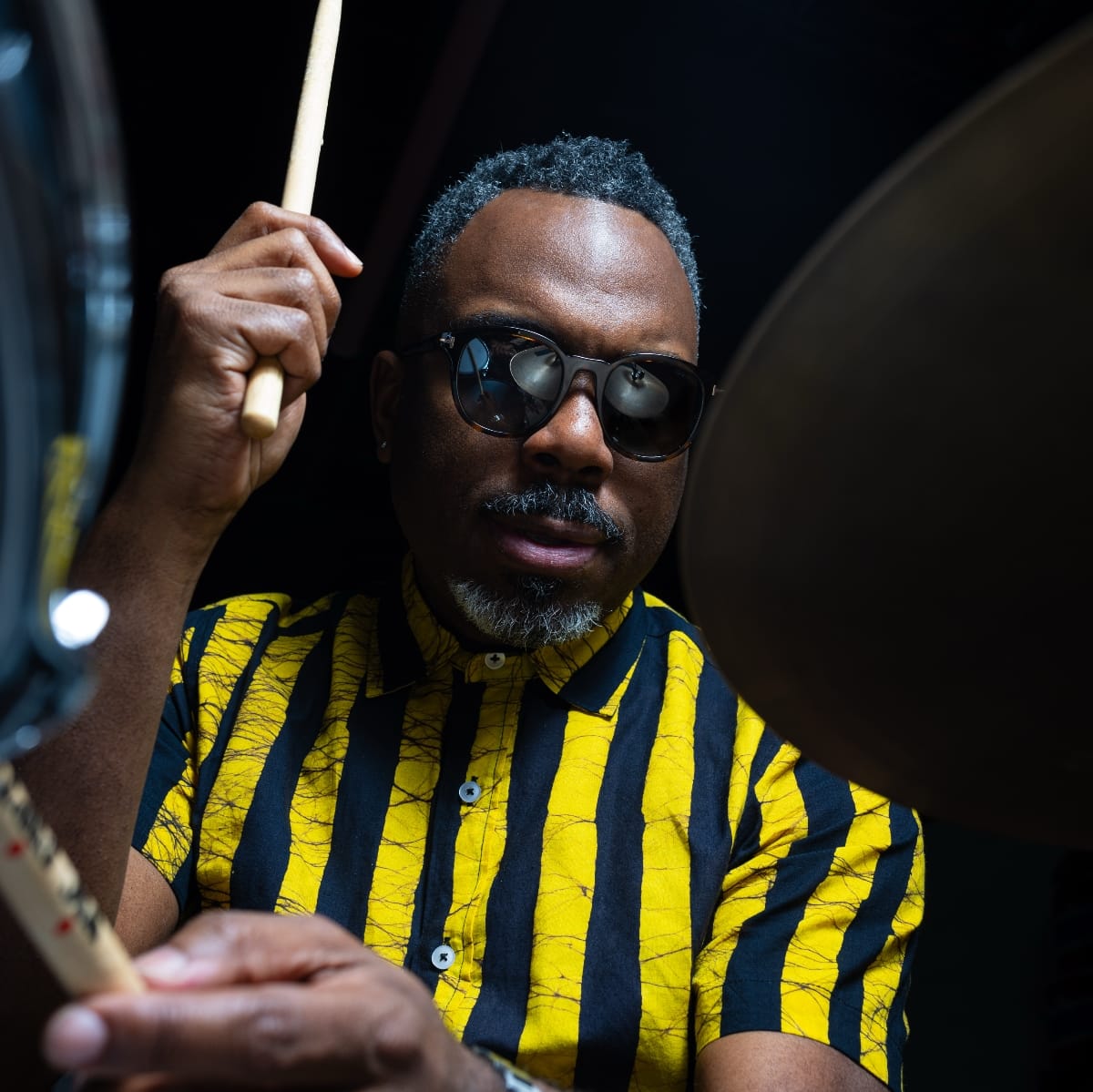
The second cut on Nate Smith's new release features Grammy-winning rapper JSWISS. The title of this tune is assertive. It's called "Undefeated," and that probably echoes Nate Smith's mantra for life. Nate never gives up. He never stops reaching for higher goals or creating new avenues of music.
Dee Dee: Do you hear those rhythms you play in your head, or do they just come to you when you're playing as part of the experience?
Nate: A mix of both. Sometimes I'll be walking, or I'll be at the airport, and I won't have any drums near me. I'll just have a beat in my head. So, I pull my phone out and I'll just sort of sing like a beat box, record it into my phone. I like to capture energy and ideas in the moment. Then, I can go back later and listen. You should see my voice memos. It's like a thousand beats in my phone. (laughter)
Dee Dee: Another tune I enjoyed was "Altitude" featuring Michael Mayo. He didn't sing lyrics. He just became a vocal horn.
Nate: Michael's incredible. He's such an accurate singer, a true jazz singer, that you put him in a room and he just sounds like another instrument. Thinking back to Betty Carter's Jazz Ahead Program, I did Jazz Ahead as a student in 1996 and again in 1998. Then I did Jazz Ahead as a faculty member about fifteen years later, in 2013 and 2014. One of my students was Michael Mayo. Another one was Jazzmeia Horn. She's fantastic too. They were great then, and they are greater now. I've known Michael Mayo for a long time. He sang with Kinfolk a few times when Amma Whatt, who was the original vocalist, couldn't make it. He's incredible, and I'm so proud of our record. He crushes it.
Dee Dee: Another song on your new release features a group of all-star vocalists.
Nate: Yes, Säje. They're amazing! That was another collaborative. I've known Säje and I've been following them on social media. We've been in touch as mutual admirers. I had this idea that I sent to Sarah Gazarek. She passed it on to Amanda Taylor, who did the vocal arrangement on "Big Fish." What she came up with is just absolutely gorgeous! I'm so proud that they're a part of my record.
Dee Dee: What instrument do you use when you compose?
Nate: I'm usually at the piano. I sit down at the piano and I'll just find a few chords, then find a little melody or something, and try to harmonize with it. Again, I'm grateful for a little iPhone Voice Memo because if you were to see my Voice Memo app, you would see about a hundred or two hundred notes of musical ideas.
Dee Dee: I appreciate the way you merge genres and talents on this album. What's in the future for Nate Smith?
Nate: Well, in the immediate future, I'm really looking forward to taking this music on the road and playing this music for people in person. That's going to happen this fall. We've got a lot of shows booked from September to November in the United States, Europe, and Japan. It's going to be a really great time. Beyond that, more composing, more music. Maybe next year or in the next two years, it's going to be a time when I have a chance to do a feature film score. I would love to do that. It's a dream of mine.
As far as merging genres, as a musician, I have a lot of interests. Jazz was my entryway. But there are so many ways to infuse that love of jazz into all this other music that I love. You know, I'm a hip hop kid. I grew up in the eighties and nineties. I'm also a rock kid. I'm not sure that 'genre' is as big a deal anymore. I think people just like what they like. I think you can put your own playlist together and include whatever genre you want. You can go from Michael Jackson to Led Zeppelin, and it's fine.
Check out more like this:
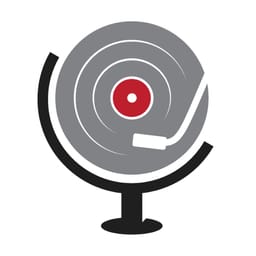 The TonearmLawrence Peryer
The TonearmLawrence Peryer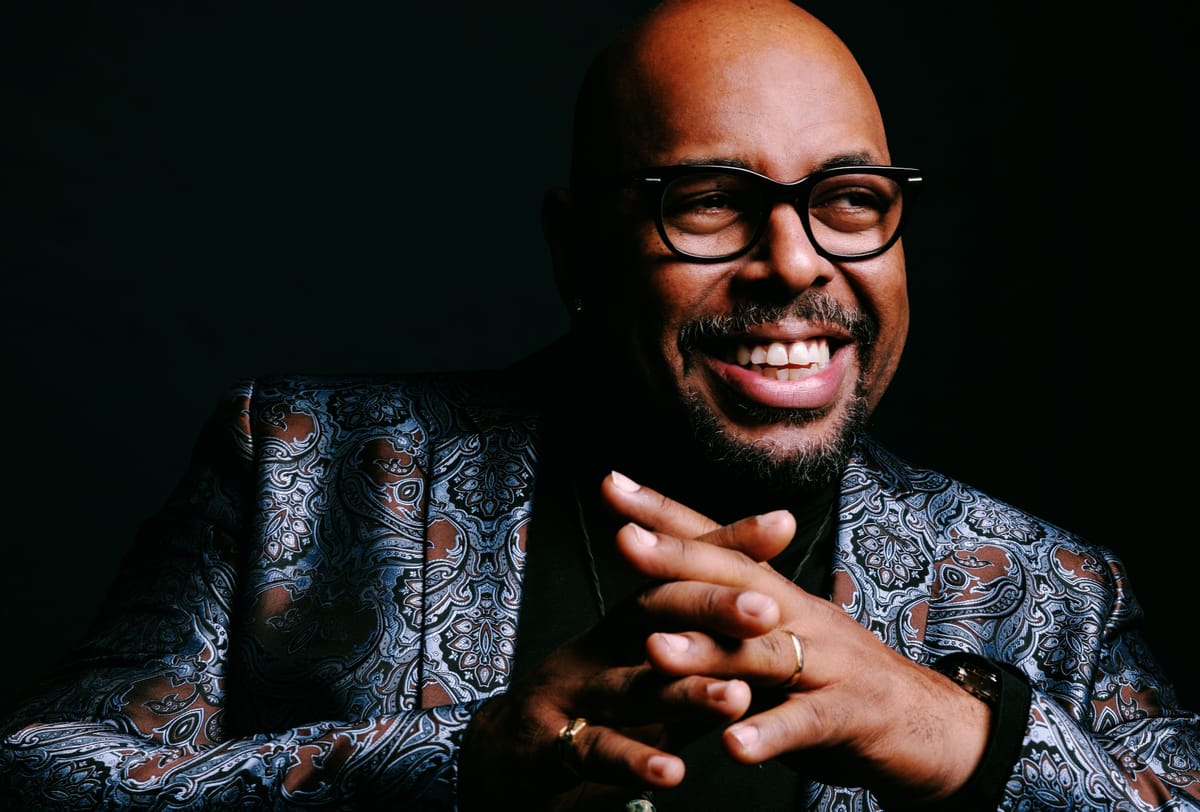
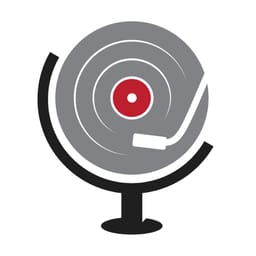 The TonearmPeter Thomas Webb
The TonearmPeter Thomas Webb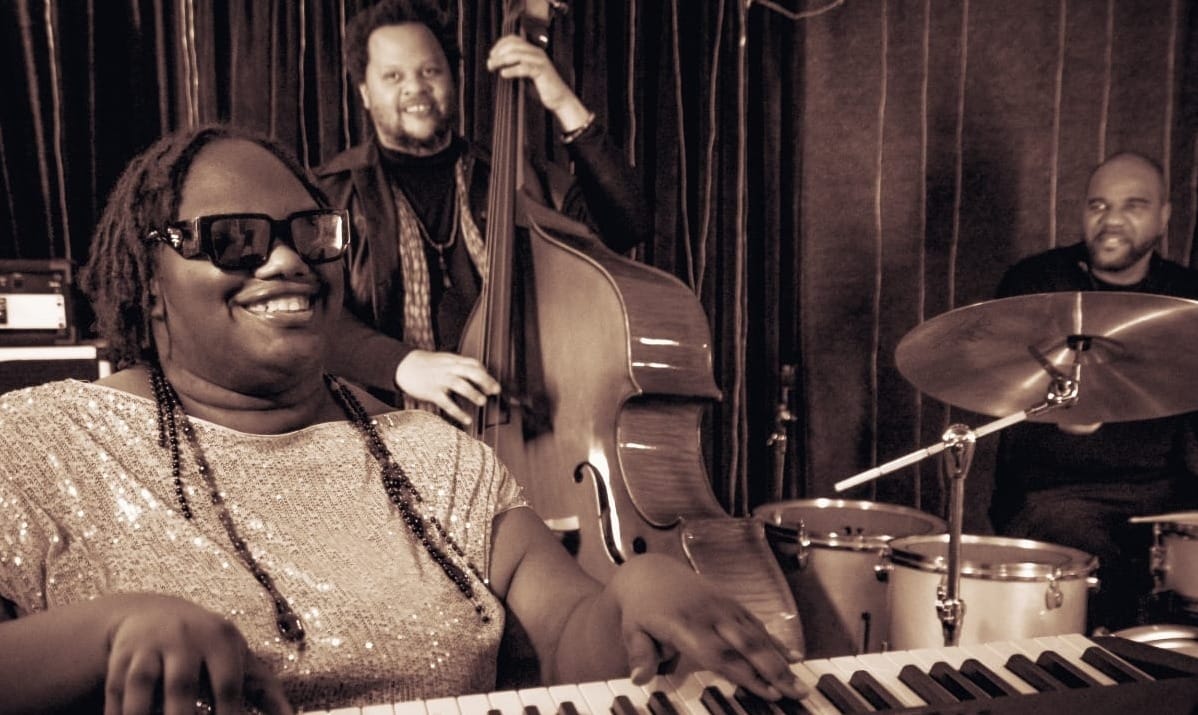


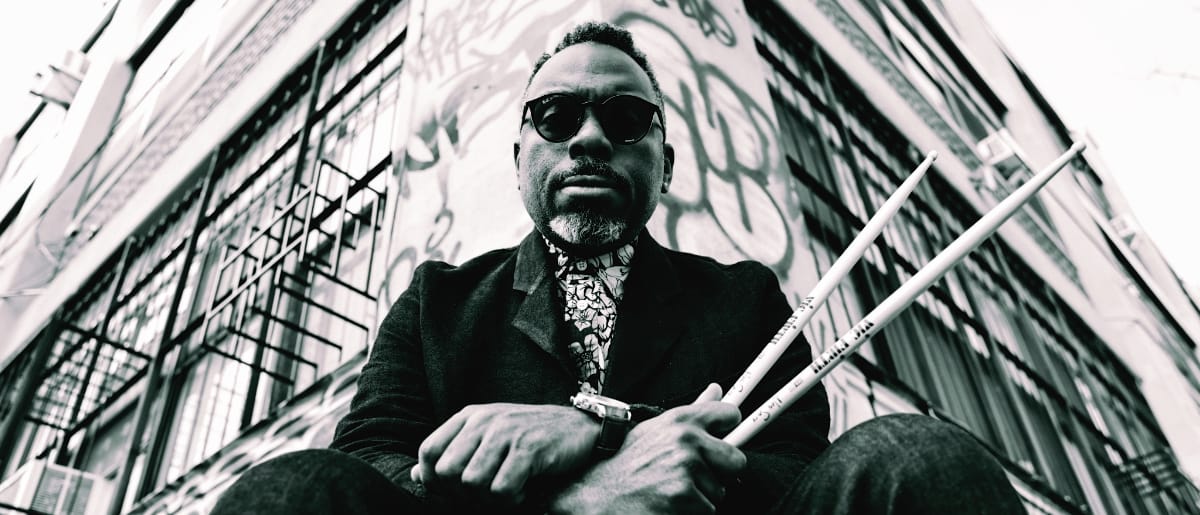
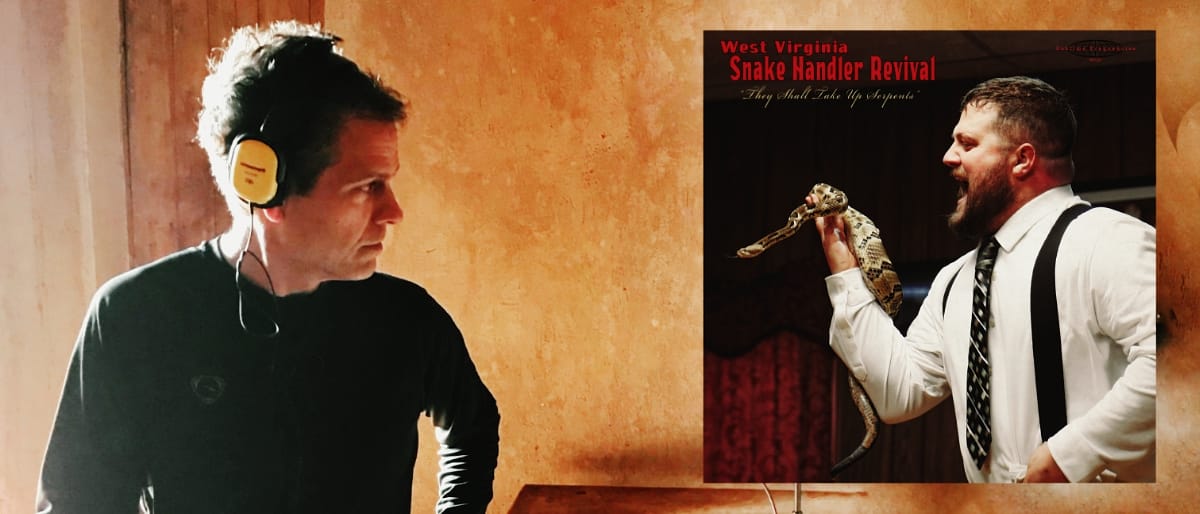
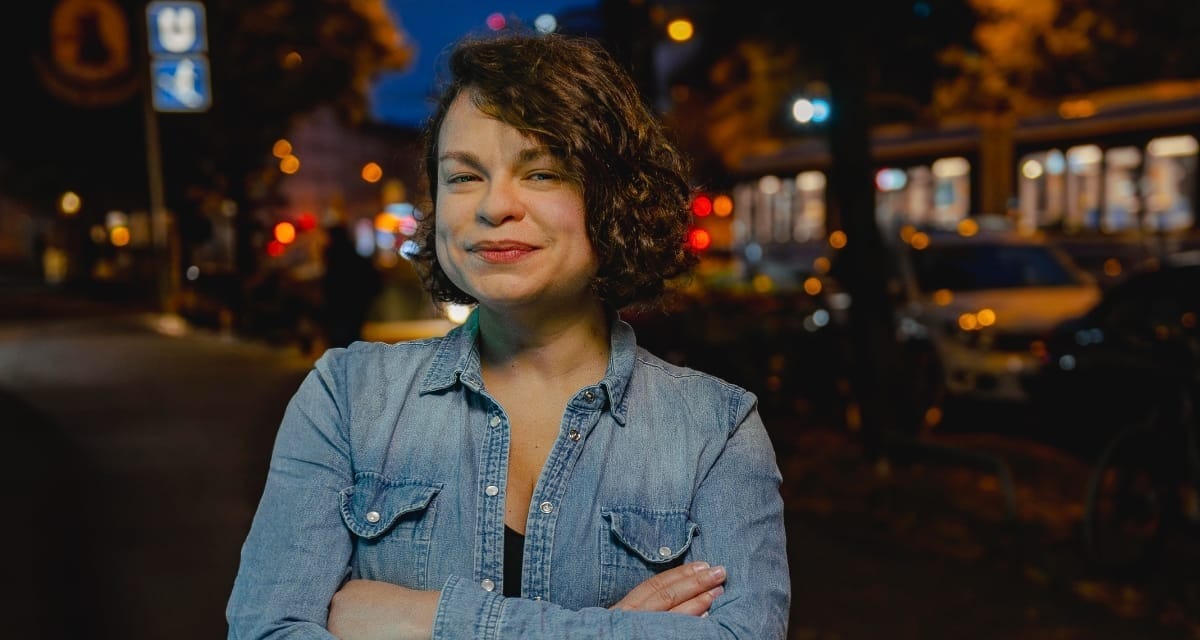
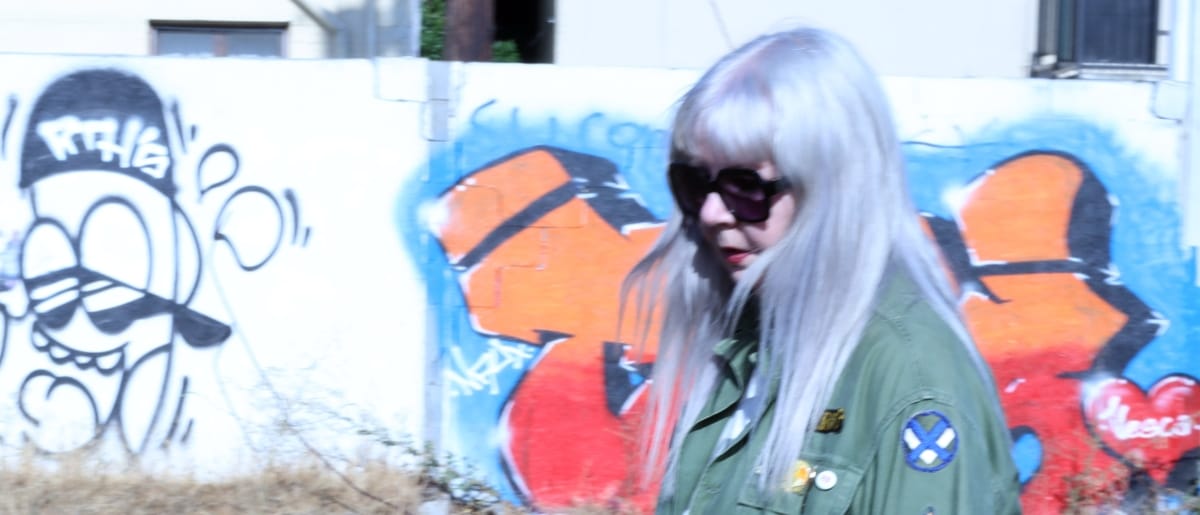
Comments